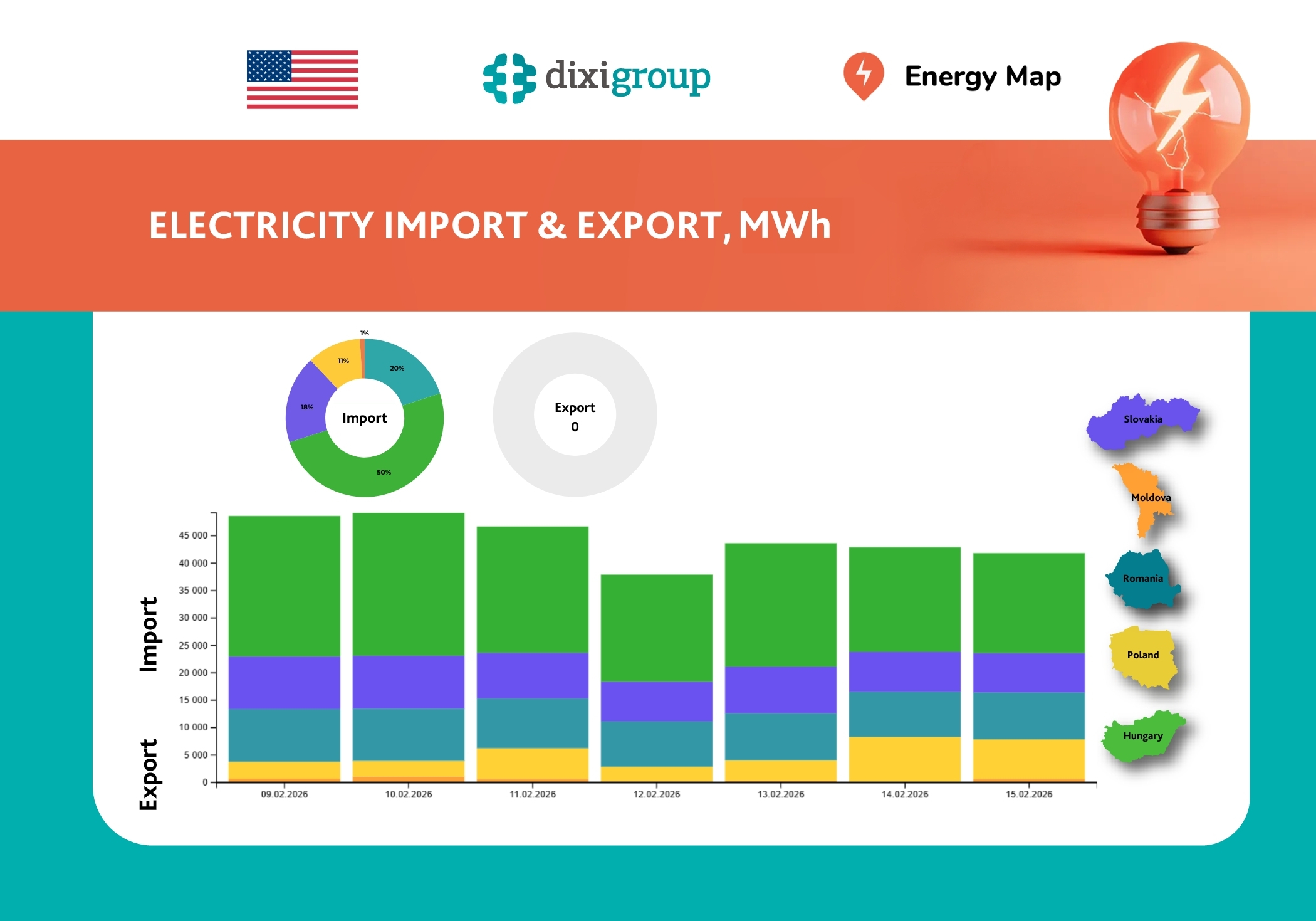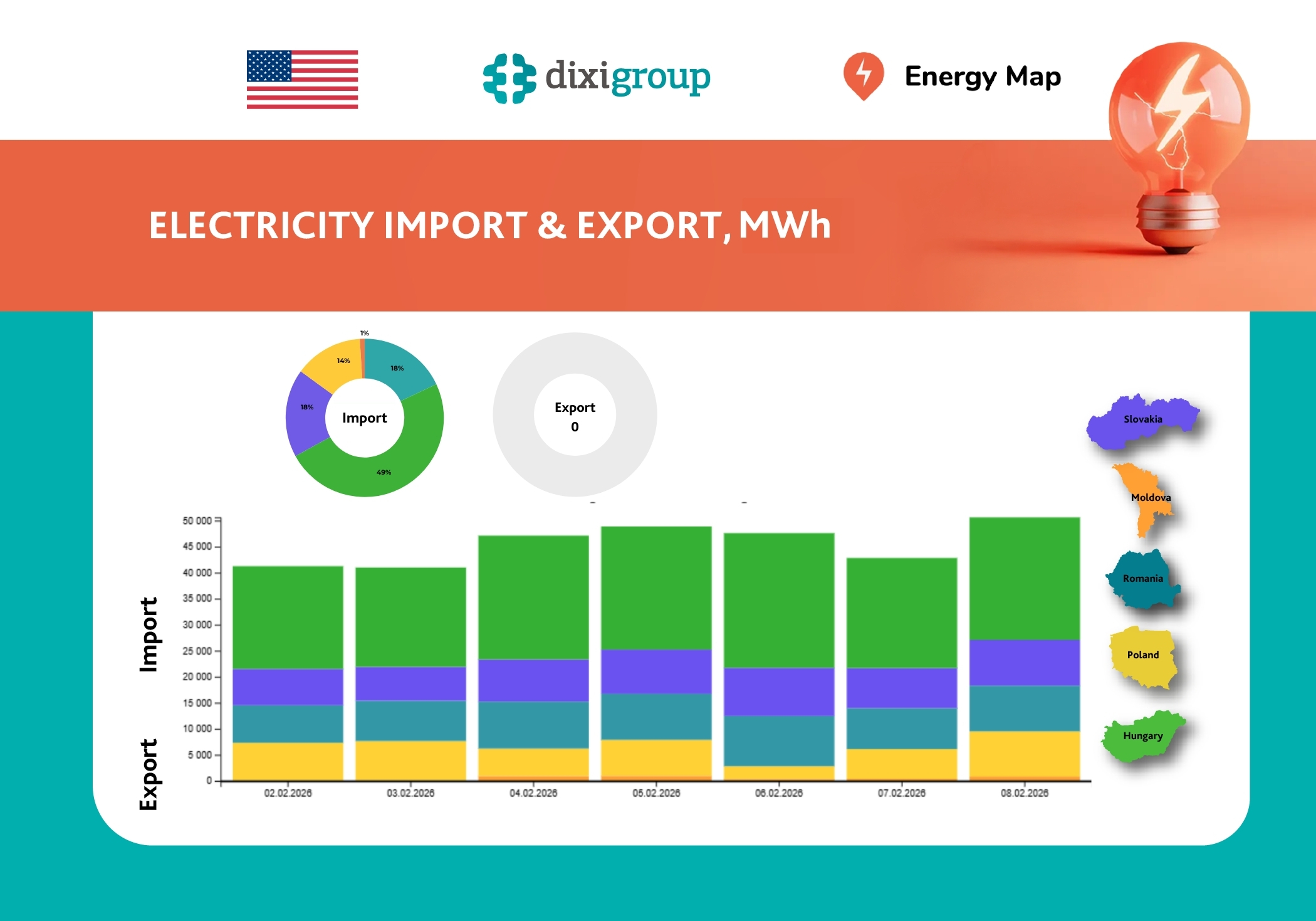On 30 June, the #RRR4U consortium presented a new issue of the monitoring of Ukraine’s commitments under the IMF cooperation programme and the EU’s Ukraine Facility. The event was moderated by Yuriy Romashko, Executive Director of the IAA.

Experts note a systemic tendency to delays and partial failure to meet indicators, which threatens both further tranches of international assistance and the overall dynamics of reforms.
Maksym Samoiliuk, CES economist, highlighted Ukraine’s compliance with the conditions of the eighth review of the IMF programme. According to him, all quantitative criteria, in particular in the area of the budget process, have been met, which actually paves the way for the next tranche of about $500 million.

“We are indeed in a historically new horizon in terms of cooperation with the International Monetary Fund, as we are successfully passing reviews, but at the same time, we are increasingly taking advantage of the Fund’s leniency instead of fulfilling all our obligations on time”, said Maksym.
He paid special attention to the challenges of the ninth review, in particular the uncertainty regarding the inspection of the NSSMC and the appointment of a permanent head of the State Customs Service. Samoilyuk stressed that despite the IMF’s constructive position, the key is to implement reforms in a timely manner, as Ukraine expects to receive more than $2 billion in 2025 based on the results of four programme reviews.
It is worth noting that on 30 June, the IMF Board approved the eighth review of the Extended Fund Facility and approved the disbursement of a tranche of USD 0.5 billion.
Alyona Korogod, DiXi Group project expert, analysed the fulfilment of the conditions under the Ukraine Facility programme. She noted that at the beginning of the implementation, Ukraine showed positive dynamics and received funding from the EU on time. However, the situation has been deteriorating for the second quarter in a row.



“As of the end of the second quarter, only six out of eleven indicators were met. This shows a negative trend and has already resulted in the loss of more than €1 billion in potential funding,” Alyona said.
She pointed out that some of the commitments are still being fulfilled, and some are unlikely to be fulfilled on time. The most problematic areas include the adoption of key laws in the areas of justice, digitalisation, energy and education. Due to delays, the government has initiated disciplinary action against officials who have violated the deadlines.
The expert also said that the Ministry of Economy has officially become the national coordinator of the programme and will be responsible for interacting with the European Commission. On 10-11 July, a new package of investment projects under the Ukraine Investment Framework will be presented at the URC conference.
In her speech, Oleksandra Betliy, a leading expert of the IER, stressed the critical importance of public administration reform for the implementation of reforms in Ukraine.



“Effective change is impossible without a professional, honest and motivated civil service. It is civil servants who implement reforms – we, as the public, can advise, but decisions and actions depend on them,” said Oleksandra.
She noted that despite its long history, public administration reform (PAR) still requires many difficult steps. It remains extremely relevant – especially in the context of a large number of changes that Ukraine has to adopt and implement both as part of its commitments under the Ukraine Plan and the IMF Programme, but also a large list of changes related to European integration. Currently, there is a lack of personnel who meet the requirements of integrity, professionalism and motivation, which is openly stated in most ministries and central authorities.
Oleksandra also noted that in the Ukraine Facility Plan for obtaining funding from Ukraine, the ACS is included in a separate section as a national priority. Measures are envisaged in three main areas: regulation of remuneration, updating civil service selection procedures (in particular, the resumption of competitions), digitalisation of civil service management and human resources for civil service selection.
Andriy Zabolotnyi, expert at the Centre of Policy and Legal Reform, highlighted the main findings of the study on the challenges of civil service reform and ways to address them.



“Civil service in Ukraine is associated with a number of old problems: lack of motivation, political influence and lack of open access. Low financial motivation and complexity of procedures make it unfriendly to professionals, which complicates the implementation of reforms. Reintroducing competitions for positions, strengthening legal support and independent audits of the agencies’ functioning are the key steps needed to modernise the system,” said Andriy.
He also drew attention to the delays in the resumption of competitions, which means that appointments are made without open selection, and political influence on personnel decisions remains a significant challenge. The expert also emphasised the importance of strengthening the role of legal services in government agencies to ensure compliance with the principle of legality and prevent the execution of illegal orders.
In addition, Andriy highlighted the problems with the implementation of unified approaches to remuneration, where significant salary imbalances between civil servants arise due to political influence and the lack of clear rules.
In his opinion, only a comprehensive and systematic solution to these problems will create a professional, motivated and efficient civil service – the basis for the successful implementation of public administration reforms in Ukraine.
Kyrylo Klymenko, Member of the Accounting Chamber, presented the results of the audit of the reform of the civil servants’ remuneration system, a key factor in the success of the public administration reform in Ukraine. He emphasised that the remuneration system is the ‘engine’ that motivates and retains professionals in the civil service, influencing the effectiveness of reforms.



“The reform of the remuneration system is a fundamental component of the public administration reform, which underlies all other changes. The success of the reforms depends on the motivation and professional training of civil servants. The state must compete in the labour market by creating fair remuneration conditions, as this is the only way to attract and retain the best specialists. Our goal is to make the government accountable for the promises made in its strategic documents and to identify real challenges and gaps in the reform through an audit,” Kyrylo emphasised.
According to him, there are significant problems in Ukraine today: excessive political influence on personnel decisions, inequality in remuneration and the lack of a single body with complete information on salaries in state structures. The audit also revealed significant distortions in the internal movements of employees and the impact of the job classification system on budgeting.
Kyrylo added that the Accounting Chamber is conducting an external audit aimed at holding the government accountable for its promises set out in its strategic documents. A database of more than three million records of civil servants’ remuneration for 2023-2024 has already been collected, which will allow an objective assessment of the reform’s effectiveness.
Gregor Virant, SIGMA Programme Manager, outlined the progress and prospects of civil service reform in Ukraine.



“Open competitions for public positions in Ukraine have not been held for a long time – first because of the COVID-19 pandemic, and later because of martial law. During the pandemic, Ukraine was the only country that postponed open competitions, while other EU countries did not. The resumption of open tenders is a necessary step, it is an international standard,” Gregor emphasised.
***
For more details, please follow the link For more details, please follow the link https://rrr4u.org/analytics/monitoryng-vykonannya-programy-mvf-ta-dopomogy-yes-berezen-2025/
Video recording of the event: https://www.youtube.com/watch?v=dEr_kN1wj6k&t=5071s
The preparation of the Monitoring and this event were supported by the International Renaissance Foundation.
RRR4U (Resilience, Reconstruction and Relief for Ukraine) is a consortium of four Ukrainian civil society organisations: Centre for Economic Strategy, Institute for Economic Research and Policy Consulting, Institute for Analysis and Advocacy, DiXi Group.






